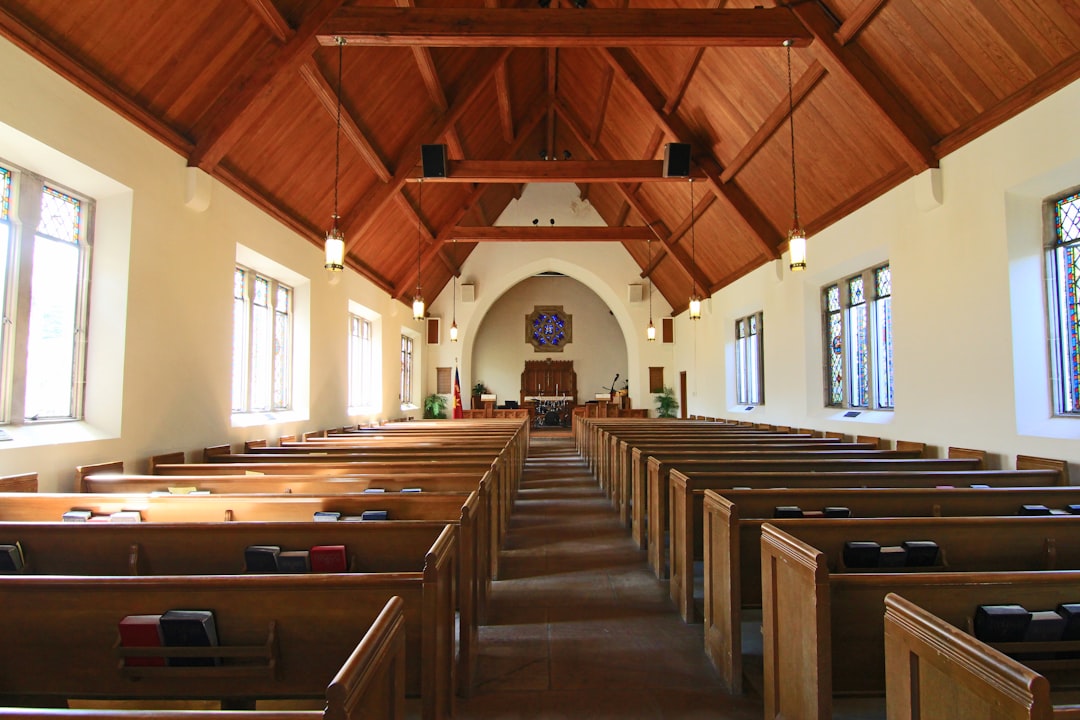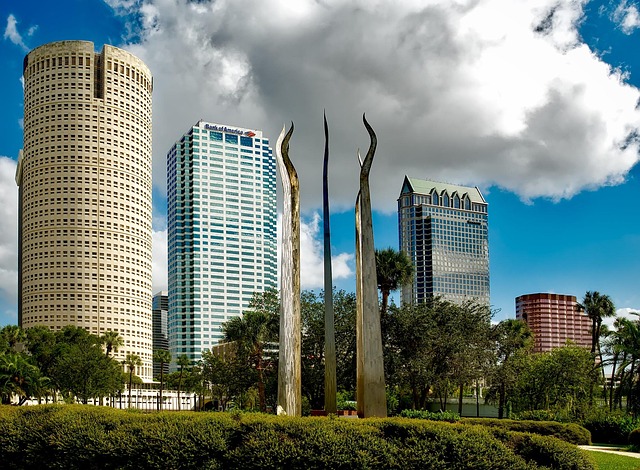Survivors of clergy abuse in Tampa, FL, face cultural and religious barriers when seeking legal action. Dedicated clergy abuse lawyers offer specialized guidance, ensuring justice while prioritizing victims' emotional well-being. Non-profit organizations provide confidential support, counseling, and legal aid. Support groups foster a sense of community and empower survivors to rebuild their lives through legal avenues and specialized services in Tampa, Florida.
“In the sensitive realm of clergy abuse, survivors often require specialized legal support. This article explores the critical role of an experienced clergy abuse lawyer in Tampa, Florida. Understanding the unique challenges faced by victims is key. We delve into how a dedicated attorney can navigate this intricate landscape, offering guidance and legal options for healing and justice. From assessing potential cases to connecting survivors with resources, this guide highlights the essential services provided by a skilled clergy abuse lawyer in Tampa.”
Understanding Clergy Abuse and Its Impact

Clergy abuse is a sensitive and complex issue that requires specialized attention, especially when legal action is involved. It refers to any form of inappropriate or harmful behavior by members of the clergy or religious leaders towards their congregation or those they are meant to protect. This can include emotional, psychological, physical, or sexual abuse, often occurring within a confidential or trusting relationship. Many survivors of such abuse face unique challenges when considering legal recourse, as cultural and religious sensitivities may have already created barriers to speaking out.
In Tampa, Florida, where a significant number of people identify as religious, having a dedicated clergy abuse lawyer is crucial. A qualified attorney can guide survivors through the legal process while also providing emotional support. They understand the impact of such trauma and can navigate the delicate nature of these cases, ensuring that justice is sought without further exacerbating the harm suffered by victims. This specialized legal assistance is vital in holding perpetrators accountable and offering a sense of healing for those who have endured clergy abuse.
The Role of a Specialist Lawyer in Tampa

In cases involving clergy abuse, survivors often require specialized legal assistance tailored to their unique circumstances. A clergy abuse lawyer in Tampa, FL, plays a pivotal role by providing expert guidance and advocacy for victims who have suffered at the hands of religious leaders. These attorneys are equipped with in-depth knowledge of state laws pertaining to clergy misconduct, helping clients navigate complex legal landscapes while prioritizing their emotional well-being.
Specialist lawyers focus on ensuring that survivors’ rights are protected throughout the legal process. They offer a safe space for victims to share their experiences and provide strategic counsel on various matters, including civil lawsuits, criminal prosecutions, and institutional accountability. By leveraging their expertise, these attorneys empower survivors to take meaningful action against abusers and work towards achieving justice and healing in the face of clergy abuse.
Supporting Survivors: Legal Options and Resources

Survivors of clergy abuse in Tampa, Florida, have a right to seek justice and healing. Legal options are available for those who have experienced trauma, exploitation, or harassment within religious institutions. A dedicated clergy abuse lawyer in Tampa, FL, can provide crucial support and guidance during this difficult process. They will help navigate the legal system, ensuring survivors’ rights are protected while pursuing compensation for their suffering.
Resources tailored to assist these individuals include non-profit organizations specializing in supporting victims of sexual abuse within religious settings. These groups offer confidential counseling, legal aid, and community support. Connecting with like-minded individuals through support groups can also foster a sense of belonging and empowerment. Together, these measures contribute to the overall well-being and resilience of survivors as they take steps towards recovery and rebuilding their lives.





